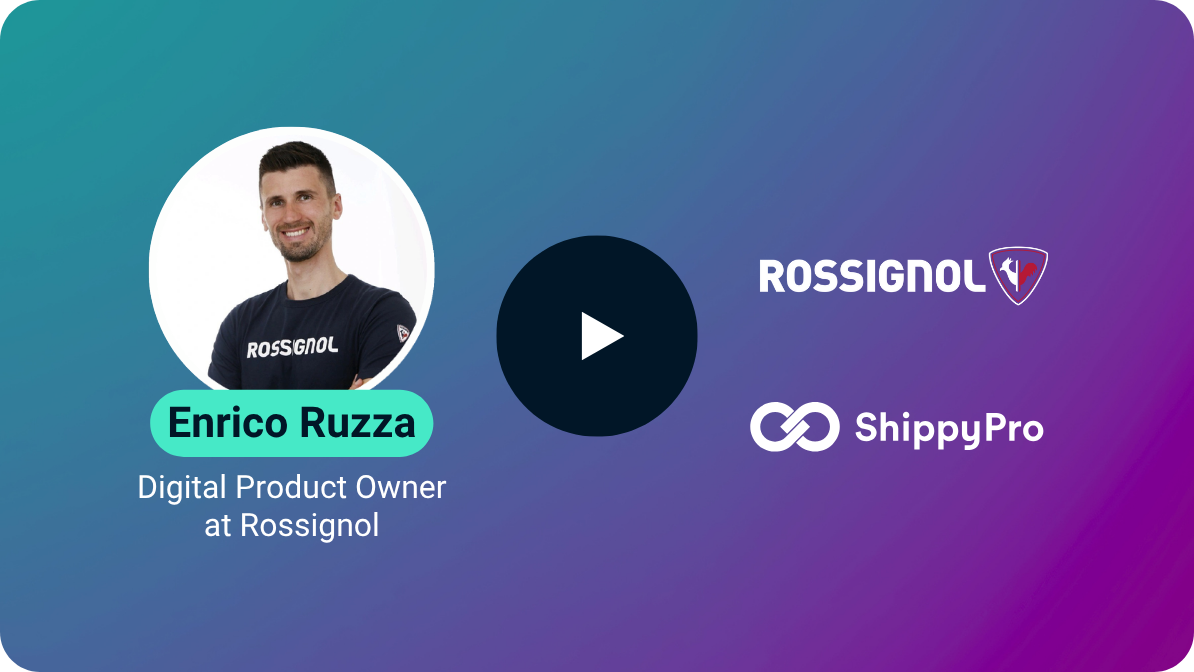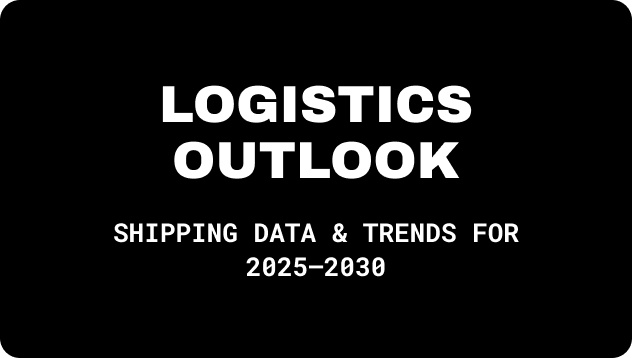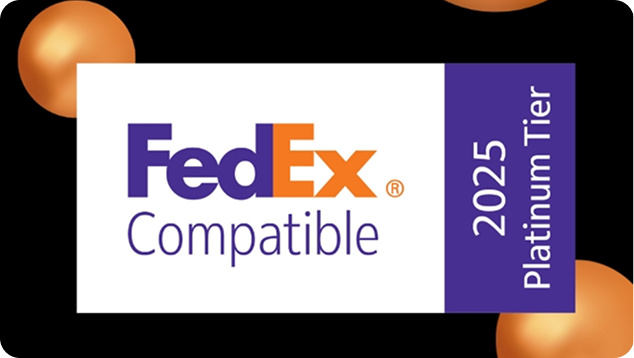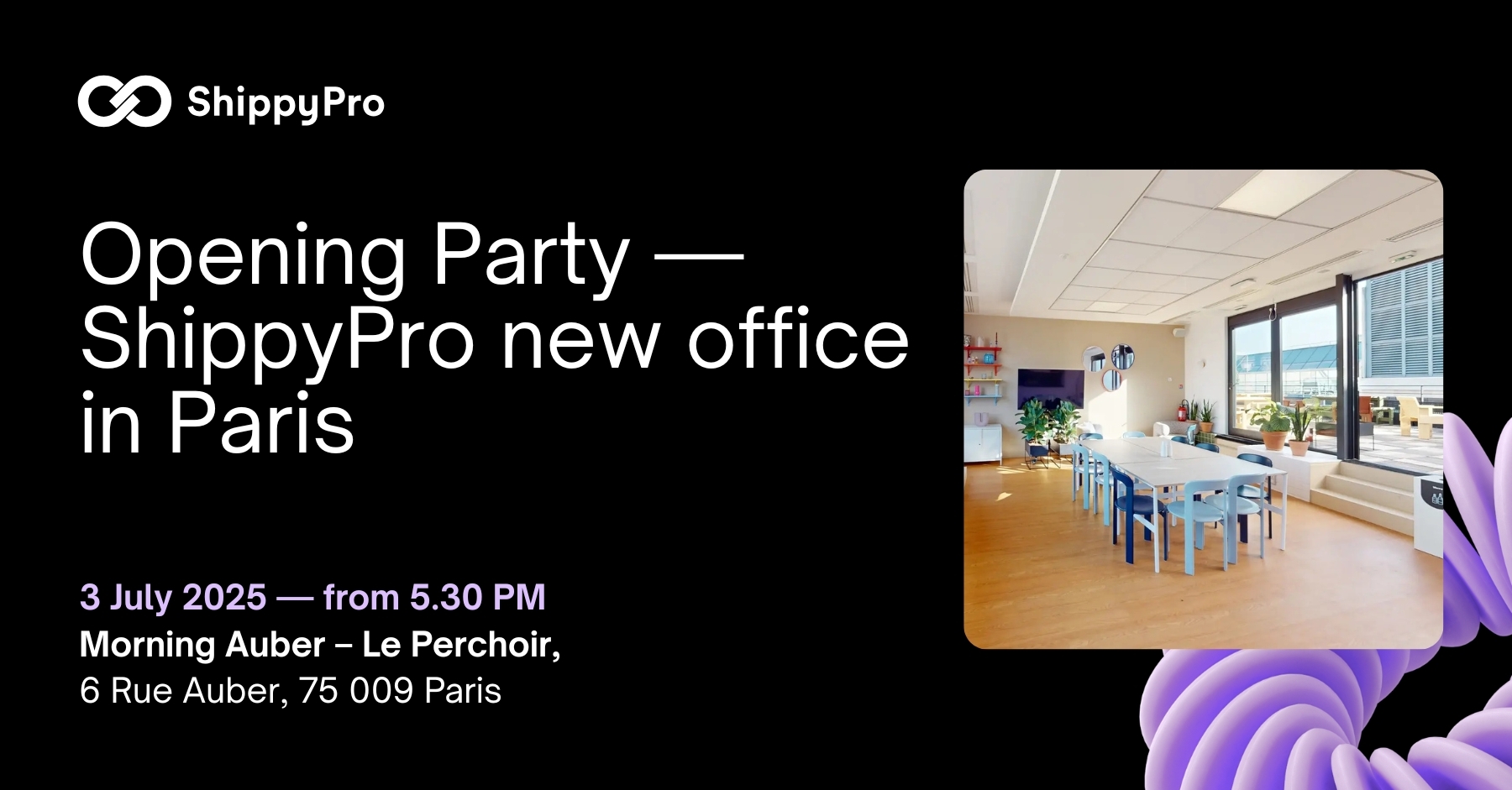The 5 best CMS for E-Commerce in Italy
What are the 5 best CMS for E-commerce in Italy? In this article, we will try to answer you with a short guide to help you choose the right one for you and your business.
In fact, your online success depends on the choice of CMS. Your E-commerce should be easy to set up and manage because every minute lost in understanding how the CMS works is the time taken away from the promotion and sale of your products.
Maybe at the beginning of your adventure, you relied on the CMS that your developer advised you, but now you have second thoughts. Or, simply, you still have to begin and you don’t know which way to go. In this article, you will finally discover all the advantages and disadvantages of the 5 best CMS for E-commerce in Italy.
However, a premise is fundamental: beyond what we said a little while ago, the choice of a CMS does not only depend on the ease of use but on many other factors. There are CMS more suitable for setting up large online stores, others that are ideal for beginners.
In short, to each E-commerce its own CMS, but in any case, whatever tool you use, you must be able to manage what appears to visitors to your site and internal processes. First of all, a CMS has this function, neither more nor less.
In particular, managing the front-end and back-end of your site means sending automatic e-mails to customers, or printing shipping labels in large quantities, just as ShippyPro helps you do. In short, it means selling online quickly and easily, bypassing all the problems that may arise and the knowledge that is needed when programming a site from scratch.
Now we can go into detail and learn about the 5 best CMS for E-commerce in Italy. Are you ready? Let’s begin!
Shopify: the CMS easy to configure

Shopify could be the perfect solution for you if you don’t have great IT skills and want a CMS that is easy to set up.
Born over ten years ago from the founders’ need to create an online shop for their business, Shopify has grown a lot and now has over 1 million customers.
Depending on the use you will make of it and the size of your business, you can choose from various packages with different prices. From the base to the most advanced, we find Shopify Lite (which costs only $ 9 a month), Basic Shopify, Advanced Shopify, and Shopify Plus.
But why a Merchant should (or shouldn’t) choose Shopify? Let’s briefly see some pros and cons of this CMS.
Pros:
- A very simple and intuitive back office, which will save you time.
- Great variety of customizations: for example, the possibility of integrating augmented reality into the product page; dropshipping easily integrated; user-friendly and mobile-optimized checkout.
- A series of apps developed specifically for Shopify and use to better manage the entire sales and shipping process. Among these, you find also ShippyPro.
- Tools for SEO optimization.
In short, Shopify is suitable both for small and large companies, but it also has some small contraindications.
Cons:
- For each transaction, you have to pay a small commission, which increases if you use external gateways.
- No basic plan completely free.
- Free themes not fully supported by Shopify, so you may need the help of a developer.
- No B2B functionality is immediately available.
After seeing one of the best-known companies in the world and in Italy, let’s move on to the CMS that every entrepreneur, even those who don’t have a site, has heard of at least once: WooCommerce.

WooCommerce: the best to start with WordPress
If you have decided to rely on WordPress for the creation of your site, you should seriously consider WooCommerce, an open-source plugin very easy to manage and used by 30% of online stores around the world.
So let’s see what are the advantages if you choose to configure your online shop with WooCommerce:
- In the first place, as we mentioned earlier, it is free and this can be a decisive factor of choice at the beginning.
- 100% customizable. In fact, there are many themes you can choose from to graphically structure the site, as well as the free extensions and plugins.
- Constant and updated support for all your doubts. You can interact on the platform’s expert forum or easily find the answers to your questions with an online search, given the great popularity of the CMS.
Cons:
- If you want to create something more structured or integrate other themes or plugins, you need to pay.
- Need to keep plugins up to date, as WordPress continuously develops new versions and outdated plugins can crash the site.
- Some themes can slow down your browsing speed.
In short, WooCommerce is ideal if you use WordPress, but if you want something even more specialized, you could choose Prestashop. Let’s see its pros and cons immediately.

Prestashop: the balance between performance and usability
Like Shopify, Prestashop is a native CMS, that is, created specifically for the management of an E-commerce. It is certainly a good compromise between those who want a CMS both easy to use and performing.
Let’s see point by point why you should choose it or why, on the contrary, you should avoid it.
Pros:
- Just like WooCommerce, it is an open-source CMS, so you won’t have to spend a euro to test it and see if it’s right for you.
- It offers a wide range of plugins.
- For any doubt, a search on the Prestashop forum and you’re done.
- Being a native CMS, the E-commerce configuration is already set by default.
Cons:
- The browsing speed on your online shop could be very low.
- Some plugins can be a little more expensive than other CMS.
- In the case of updates, you may be forced to act on the code and modules.
- Few themes are free.
In short, Prestashop is a solution less known than the first two, but certainly valid.
Now let’s move on to a CMS loved by developers, which requires a little more effort in configuration, but can give great satisfaction in customization. I’m talking about Magento!
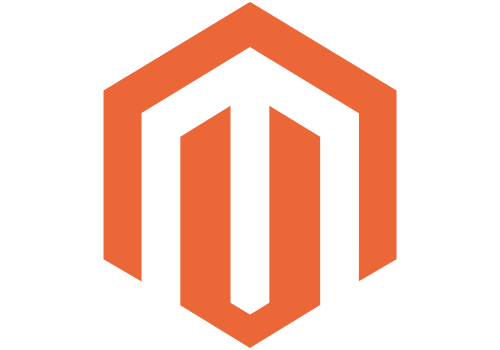
Magento: when complexity pays
Born in 2007, Magento is an open-source CMS that is right for you if you do not fear some management difficulties but want to customize your E-commerce to the maximum.
Among the 5 CMS for E-commerce in Italy, it is certainly one of the most complexes to configure and you should choose it only if a good developer gives you a hand.
Its main advantages are:
- Magento is a perfect CMS for indexing your shop on search engines. With Magento, SEO will not be a puzzle.
- Excellent scalability, that is, the ability of the CMS to adapt to the growth of your online business, from products to the amount of orders.
- Great possibility of customization, with many templates available and the possibility of creating new ones.
- It works perfectly even if you manage multiple stores in the back end.
- The Magento Community will provide you with complete support to resolve your doubts regarding the configuration and management of the CMS.
And what about the cons? With so many advantages, there are also some disadvantages. Let’s see them:
- The platform is not as easy to manage as that of other CMS. This could be a problem if an online business is new to you or if you cannot count on the assistance of a team already trained on Magento.
- With Magento, you can do many more things than other of the 5 best CMS for E-commerce in Italy and this, however, involves higher costs. Furthermore, if you opt for the paid version, it will cost you 10 thousand euros per year, but you would have advanced technical assistance and you could take advantage of all the potentiality of this CMS.
- You need powerful hosting to make the site easy to navigate.
- Updates are not only an opportunity but also a risk. Updating Magento can present many difficulties and lead to a waste of time, so it is advisable to switch to a new version initially only in the testing phase.
So we come to the last 2 CMS of our article, which you may discover today for the first time. But who knows, maybe one of the two will become the CMS of your online store.

Storeden: the CMS made in Italy
Like Shopify, Storeden is also a paid solution, made entirely in Italian. This emerging CMS is among the least known of the 5 best CMS for E-commerce in Italy, but it can be of great help for SMEs.
Let’s see how briefly analyzing its advantages:
- Personalization not limited to graphic design, but also includes complete control of the code.
- Continuous updates and a very rapid learning curve, which allows even an inexperienced Merchant to manage his online business effectively.
- Costs are a bit lower than other paid CMS like Shopify.
Let’s now move on to the last of the 5 best CMS for E-commerce in Italy. Another name, like Storeden, less known than the others, but highly appreciated by the Merchants who use it.
ShippyPro: the most effective tool to manage E-commerce logistics directly from your CMS
Among the 5 best CMS for E-commerce in Italy, as you have seen, the choice is not easy, because everyone has good reasons to be preferred. Rather than individual features, I recommend that you look at your business and your objectives, choosing the platform that best suits the Merchant you would like to become.
Thinking about the future of your business and your shop, you should also think about quick and easy tracking, label printing, returns and optimization of the relationship with carriers. To manage all these functions, sometimes the CMS is not enough, even if it is one of the 5 best CMS for E-commerce in Italy.
Here then ShippyPro is the perfect solution for you to automate orders and shipments and manage them from a single platform.
You will no longer need to waste hours and hours, as orders increase, to keep up with customers waiting for their package or to manage the relationship with carriers. All you need to do is integrate ShippyPro on your CMS (you can integrate it on one of these 5 or on another 50 of the most popular CMS) and from that moment you will finally have the possibility to dedicate more time to your sales, without wasting it on shipments.
So what are you waiting for? With ShippyPro, shipping is easier and faster. Try it now!

ShippyPro is the complete shipping software for online and offline retail. With Label Creator, Track & Trace, Easy Return and Analytics features, our software simplifies your shipping operations. ShippyPro integrates with over 180 carriers and 80 sales channels, making it compatible with a wide range of products and use cases.




